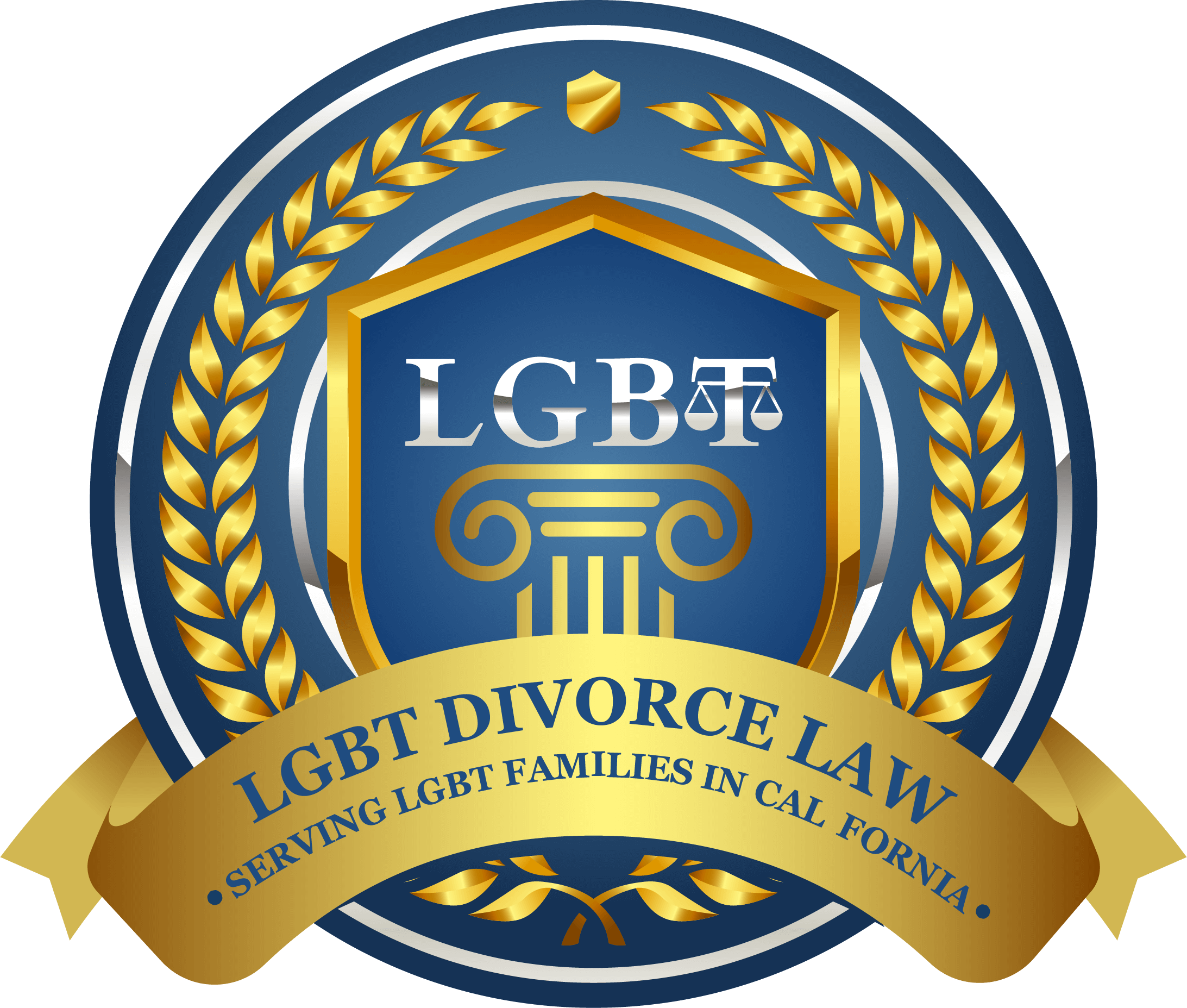Defining Prenuptial Agreements
A prenuptial agreement, often referred to as a prenup, is a legally binding contract entered into by couples, including LGBTQ+ couples, before they marry. Its primary purpose is to outline the terms and conditions that will govern the division of assets and responsibilities in the event of a divorce. Prenuptial agreements play a crucial role in safeguarding assets acquired before and during the marriage, ensuring that each partner’s financial interests are protected. Additionally, they serve to clarify expectations regarding property division, spousal support, and other crucial matters, offering a sense of security and transparency in the context of LGBT divorce.
The Changing Landscape of Marriage Laws
The evolution of marriage laws for LGBTQ+ couples has been a profound journey marked by legal milestones and societal progress. Historically, these laws were restrictive and discriminatory, denying same-sex couples the fundamental right to marry. However, significant changes in recent years have paved the way for greater equality.
Landmark legal cases, such as the Supreme Court’s decision in Obergefell v. Hodges in 2015, legalized same-sex marriage across the United States, transforming the landscape of marriage laws. As a result, LGBTQ+ couples gained the same legal recognition and rights as their heterosexual counterparts.
This monumental shift in marriage laws has had a direct impact on prenuptial agreements for LGBTQ+ couples. With the right to marry secured, these agreements have become increasingly relevant for same-sex couples seeking to protect their assets and plan for their future. Consulting with an experienced LGBT divorce lawyer is crucial in navigating these changing legal dynamics and ensuring that prenuptial agreements are tailored to individual needs and circumstances.
Why Prenuptial Agreements Matter for LGBTQ+ Couples:
Prenuptial agreements hold particular significance for LGBTQ+ couples due to the unique circumstances they may face. These agreements provide a level of financial and emotional security that can be especially crucial in non-traditional families.
One reason they matter is the possibility of legal complexities. LGBTQ+ couples may have diverse financial situations and assets that require protection, such as jointly owned property or businesses. Prenuptial agreements can help clarify the division of these assets, reducing potential conflicts in the event of a separation.
Moreover, LGBTQ+ couples may encounter issues related to adoption and assisted reproductive technology, which can involve significant financial investments. Prenuptial agreements can address the financial responsibilities and decision-making processes related to such matters.
Additionally, in cases where one partner has children from a previous relationship, prenuptial agreements can outline the financial support and inheritance arrangements for these dependents, ensuring their well-being is safeguarded.
In essence, prenuptial agreements offer LGBTQ+ couples a proactive way to protect their interests and address specific concerns that may arise within their unique family dynamics.
What Can Be Included in a Prenuptial Agreement
Prenuptial agreements are versatile legal documents that allow couples to customize their terms within certain boundaries. What can and cannot be included in a prenuptial agreement depends on state laws, but generally, the following topics are commonly addressed:
Property Division: Prenuptial agreements can specify how property acquired before and during the marriage will be divided in the event of divorce. This is particularly important for LGBTQ+ couples who may have assets, such as real estate or investments.
Debt Allocation: Couples can outline how existing debts and future financial obligations will be managed, protecting each party from the other’s financial liabilities.
Spousal Support: Terms for spousal support, commonly known as alimony, can be established, including the amount, duration, and circumstances under which it may be awarded.
Estate Planning: Prenuptial agreements can address inheritance rights and provisions for children from previous relationships, ensuring that the wishes of the spouses are upheld in the event of death.
Child Custody and Support: While custody decisions are typically made separately from prenuptial agreements, financial provisions for children can be included, such as educational expenses and healthcare costs.
Unique LGBTQ+ Concerns: Specific issues related to LGBTQ+ families, such as surrogacy agreements, adoption, or medical decisions for transgender spouses, can also be addressed.
However, it’s important to note that certain matters, like child custody and child support, are typically subject to review by the court, which will prioritize the best interests of the child. Consulting with an experienced LGBT family law attorney is essential to create a prenuptial agreement that adheres to legal requirements while addressing the unique needs of LGBTQ+ couples.
Legal Requirements and Considerations
When creating a prenuptial agreement, LGBTQ+ couples should be aware of the legal requirements and considerations that can impact its validity. Consent is fundamental; both parties must voluntarily enter into the agreement without any coercion or pressure. Full financial disclosure is essential to ensure fairness and transparency. Each partner should have a complete understanding of the other’s assets and debts.
Additionally, it’s crucial for LGBTQ+ couples to seek independent legal counsel. Each party should have their own attorney to represent their individual interests, preventing conflicts of interest. This ensures that the agreement is legally sound and equitable.
Fairness is a key factor in the enforceability of a prenuptial agreement. Courts may scrutinize agreements that appear one-sided or unfairly favor one spouse. To create a strong and legally binding prenup, both parties should negotiate in good faith, considering each other’s needs and concerns.
Negotiating and Drafting the Agreement
Negotiating and drafting a prenuptial agreement should be a collaborative process marked by open communication. Both partners should openly discuss their financial situations, future goals, and concerns. It’s important to start the process well in advance of the wedding to allow ample time for negotiations and revisions.
Seeking legal advice is paramount. Each party should retain their own attorney experienced in family law to guide them through the process. Attorneys can provide valuable insights, ensuring that the agreement aligns with state laws and represents their client’s best interests.
Drafting the agreement involves detailing the terms and conditions agreed upon by both parties. This includes the division of assets, spousal support, and any other provisions. The document should be clear, concise, and unambiguous to avoid future disputes.
To ensure that both parties are comfortable with the terms, it’s essential to maintain a respectful and cooperative atmosphere during negotiations. While it may involve difficult discussions, a well-crafted prenuptial agreement can provide peace of mind and protect the interests of both partners in the event of a divorce.
Enforceability and Legal Challenges
Enforcing a prenuptial agreement can sometimes be challenging, as courts may closely examine the circumstances surrounding its creation. To enhance enforceability, it’s crucial that both parties enter into the agreement willingly, without duress, and with full financial disclosure.
Legal challenges may arise if there is evidence of coercion, fraud, or if the agreement is deemed one-sided or unconscionable. Courts typically prioritize fairness and equity when determining the enforceability of prenuptial agreements.
Recent legal cases have highlighted the importance of carefully crafted agreements. Ensuring that the terms are reasonable, fair, and reflective of the couple’s financial situation can help prevent legal challenges.
LGBTQ+ couples should work closely with their attorneys to create prenuptial agreements that adhere to legal standards and are less likely to face obstacles in court. Proactive communication and transparency during the drafting process can contribute to the agreement’s overall strength and enforceability.
Modifying Prenuptial Agreements
Modifying prenuptial agreements after marriage is possible but subject to specific conditions. Changes must be mutually agreed upon by both spouses and made in writing. It’s essential that modifications are not the result of coercion or pressure. Furthermore, the modifications should continue to meet legal requirements and be fair and equitable. It’s advisable to consult with a qualified gay divorce attorney to navigate the process and ensure compliance with the law.
Prenuptial Agreements and LGBTQ+ Community Support
LGBTQ+ community organizations and resources play a crucial role in providing guidance and support to couples considering prenuptial agreements. They offer a safe and inclusive space where individuals can seek advice from experts who understand the unique challenges faced by LGBTQ+ couples. These organizations often provide information on legal rights, recommendations for experienced attorneys, and emotional support, creating a supportive network for those embarking on this important legal journey.
Conclusion: Protecting Your Future
In conclusion, prenuptial agreements are a vital tool for protecting the rights and assets of LGBTQ+ couples as they embark on their journey together. These agreements empower couples to define their financial future, safeguard their interests, and establish a clear framework for potential challenges that may arise. With the guidance of experienced gay divorce attorneys and the support of the LGBTQ+ community, couples can navigate the complexities of prenuptial agreements with confidence, ensuring that their love and commitment are backed by legal security. Remember, protecting your future is an essential step toward a thriving, harmonious partnership.













